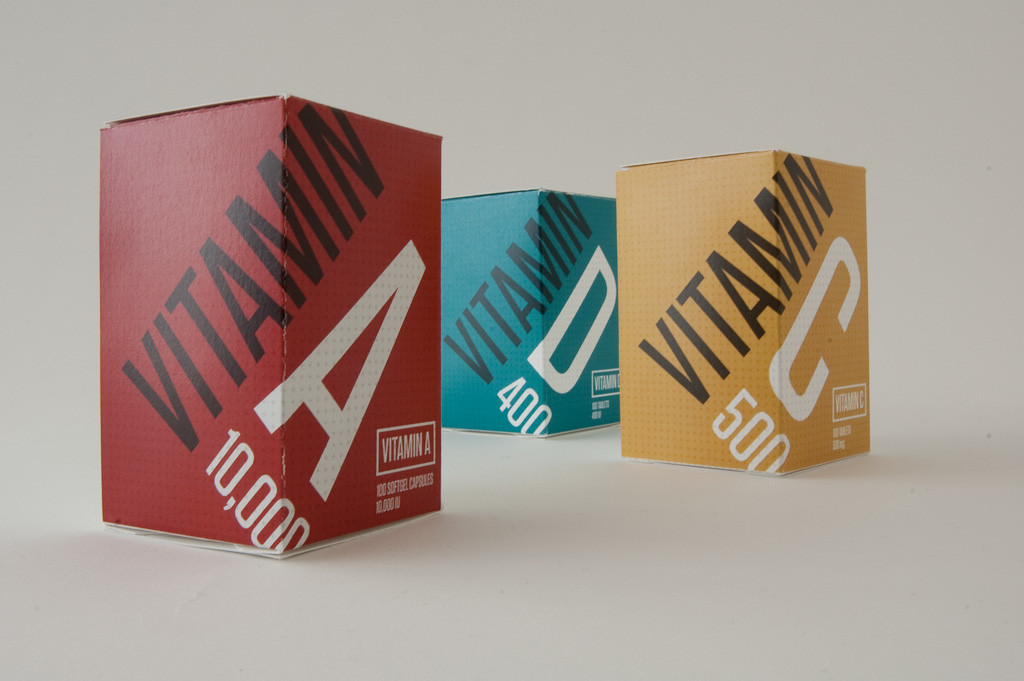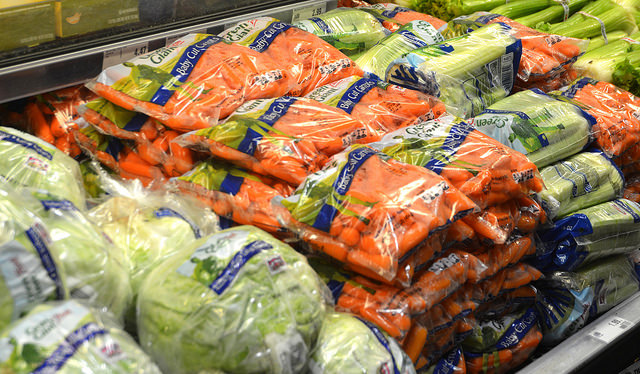Dietary supplements continue to be a debatable issue among health professionals, fitness specialists and nutrition experts. On one hand, there are people who believe that all the vitamins and minerals needed by our bodies can be obtained through diet alone. They have even come up with studies that show the negative effects of these products that come in the form of tablets, capsules, drinks and energy bars, increasing the risk for mortality in certain age and gender groups, even if direct cause has not been proven. These pills and tablets are not regulated, they say, and taking them could do more harm than good. On the other end, there are physicians and nutrition scientists who advocate the use of these health products, claiming that while sensible eating provides us with the necessary nutrients, the changing times are depriving us of sufficient amounts to protect our tissues and organs, hence lowering our immune system and making us more susceptible to diseases.

Carol Haggans, a registered dietitian and consultant to NIH, says, “It’s possible to get all of the nutrients you need by eating a variety of healthy foods, so you don’t have to take one but supplements can be useful for filling in gaps in your diet.” Fast-paced lifestyles, environmental destruction and climate change, and a host of other factors have widened these gaps, contributing to our nutritional deficit. Hence, the need for dietary reinforcement becomes more urgent.
Five Reasons to Take Food Supplements
We are eating more nutrient-deficient processed food and fast foods.

The fast-paced lifestyle of today has people multitasking and being always on the go, making processed foods and fast food offerings a very convenient way of taking one’s meals. Yet fast foods have been stripped of their nutrients and replaced with chemical additives and preservatives to make the tastier and more filling. If you are making them your regular meals, you will need vitamin and mineral pills.
We are exposed to environmental toxins daily.

External toxins and free radicals abound in the environment, coming from cigarette smoke, exhaust from cars, pesticides and even household items like hair sprays and cleansers. You inhale them and absorb them through your skin. To combat the damaging effects of toxins on our health, you need adequate amounts of antioxidants. Unless you are fastidious about the food you eat, your regular diet is not enough to provide you with ample amounts of antioxidants. You can only get them from dietary supplements.
The earth’s soil has been depleted of nutrients.

Back in the early 1900s, our planet’s land was rich in vitamins and minerals. These were passed on to the organic matters that grew on them – trees and their fruits, vegetables and other plants that we eat. Today, the potassium, calcium, magnesium and other important micronutrients that nourish and protect our bodies are severely lacking in our earth. Business in agriculture is partly responsible for the depletion of the nutrients in soil. Farmers abuse the land, planting and harvesting for profit without giving the land enough time to regenerate the nutrients. One negative outcome of this is seen in our fruits and vegetables. Compared to years earlier, they now have less of the vitamins and minerals they used to be abundant in.
Cooking methods and storage decrease the nutrients in our fruits and vegetables.

Vitamins and minerals are affected in different manner by specific cooking methods and storage. When cooking vegetables in water, most vitamins and minerals leak out to the water, so throwing the water away means you’re not getting the nutrients in the food. If it’s broth or soup where you eat the liquid, you’re getting the nutrients, too. High heat and longer cooking time destroy Vitamin C, potassium and folate. Long storage time, even in cool places like your refrigerator, also depletes food of its nutritional value.
Adults now experience more stress than their ancestors.

The adults of today are more stressed than their parents. In part, this is due to the emphasis placed on loving one’s self, achievement of external goals (money, success, fame and image) and overly high expectations from other people. These are all stressful objectives, especially if unmet. Stress impairs proper breathing. Stressed people have small short breaths, depriving their lungs of sufficient oxygen. Stress produces too much adrenaline and cortisol, leading to higher blood pressure and other medical conditions. Being stressed also leads you to unhealthy actions, like smoking, drinking and eating your comfort foods that are usually high in fats and sugar.
Now you know why diet alone isn not enough. Although ideally, we should be getting all the required nutrients from the food we eat, it is nearly impossible when we are surrounded by the unavoidable toxins and our fruits and vegetables are not as vitamin- and mineral-rich as they used to be. If we want to stay healthy and live longer, supplementation is a good way to begin.